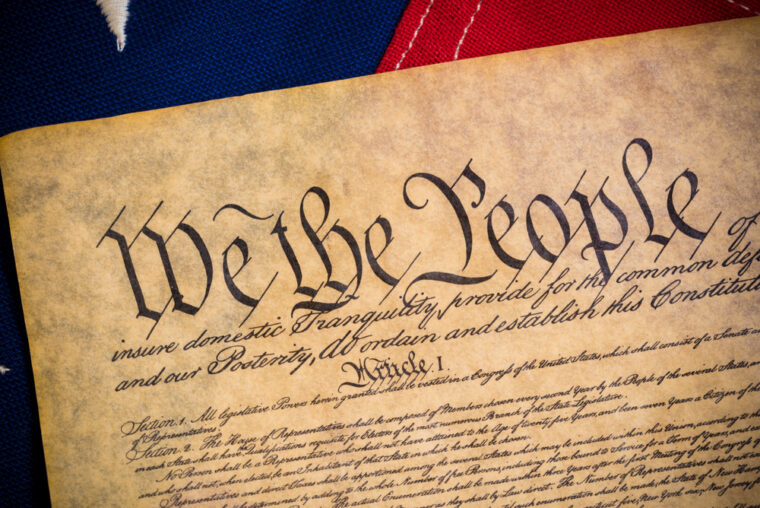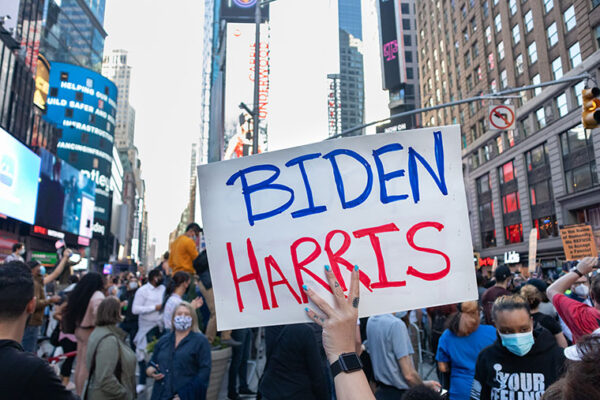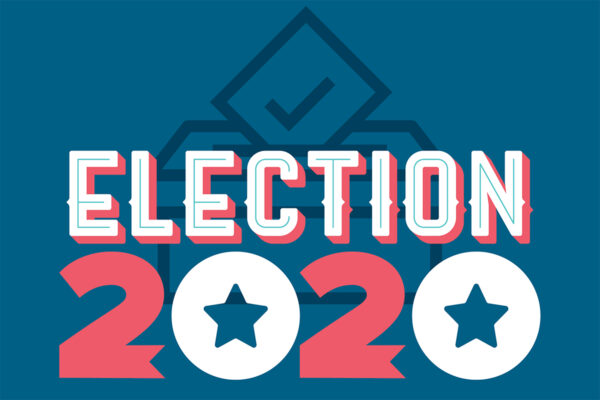In light of the Jan. 6 mob attack on the U.S. Capitol building, many Democrats, and even some Republicans, have called for the use of the 25th Amendment of the U.S. Constitution to relieve President Trump of his duties.
What is that amendment and how does it work?
Greg Magarian, the Thomas and Karole Green Professor of Law and Constitutional law expert at Washington University in St. Louis, explains.

“The 25th Amendment, ratified in 1967, deals with various scenarios about presidential disability and succession. It includes provisions for the vice president to become president when the president dies or resigns; for a vice president who becomes president for any reason to appoint a new vice president with Senate approval; and for a president who becomes temporarily incapacitated to voluntarily give his power to the vice president until he recovers.
“The part of the 25th Amendment that everyone is talking about now is Section 4. The vice president, with the support of a majority of the president’s cabinet, may inform Congress that, in their judgment, the president has become unable to fulfill his duties. As soon as they do that, the vice president takes on the president’s duties.
“Section 4 of the 25th Amendment has never been used before. We don’t know much about how it would work, beyond what the text of the amendment says.”
Greg Magarian
“The 25th Amendment does not remove the president from office, like conviction after impeachment does. The president continues to hold office, but he loses his powers. However, the president may submit a declaration to Congress that he is able to fulfill his duties. At that point, the vice president and cabinet have four days to push back and maintain that the president can’t fulfill his duties.
“If they do so, then Congress has to decide the dispute within 21 days. If two-thirds of both houses of Congress vote that the president can’t fulfill his duties, then the vice president continues to hold the president’s powers. If Congress does not clear that threshold, then the president gets his powers back.
“Section 4 of the 25th Amendment has never been used before. We don’t know much about how it would work, beyond what the text of the amendment says.”



